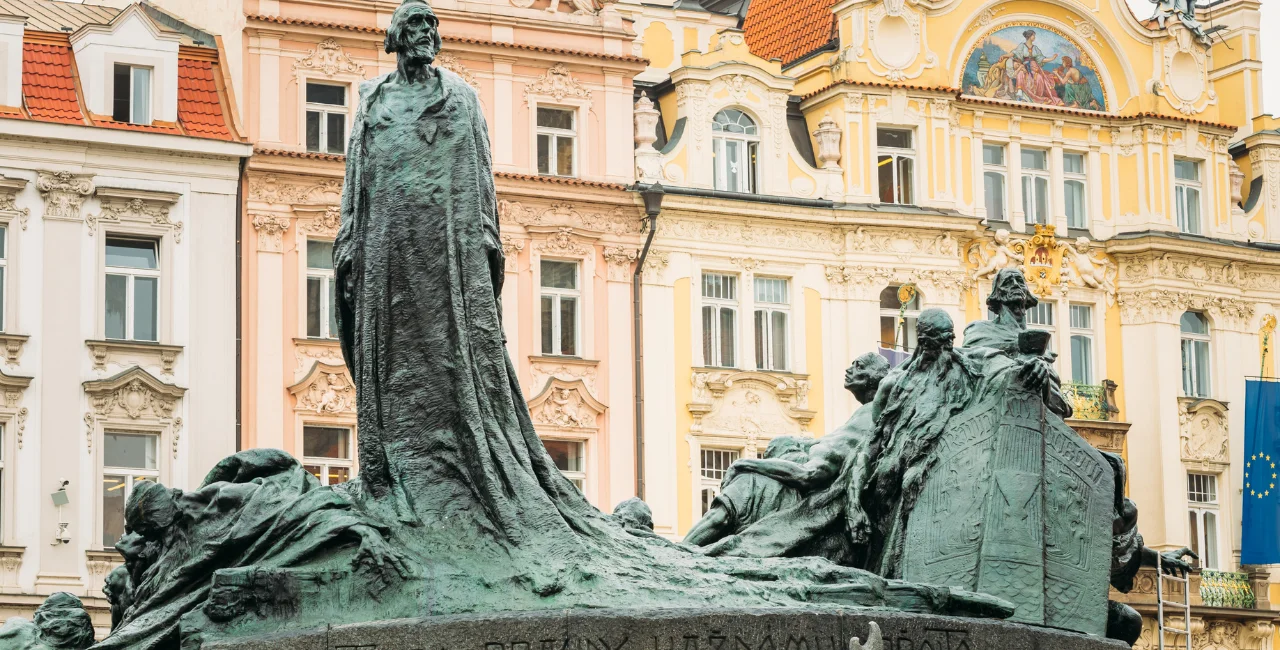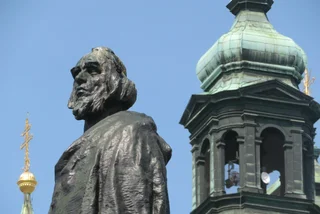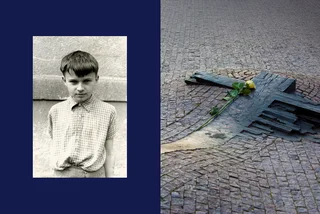Today the Czech Republic commemorates the life and of Jan Hus, the somewhat enigmatic reformer who left an indelible mark on Czech history and identity. Hus is widely remembered as a remarkable figure who challenged the status quo in the 15th century and championed ideas that questioned the authority of the Catholic Church, paving the way for the Protestant Reformation.
But Hus's importance to Czechia runs deeper than religion: inspiring generations of reformers, thinkers, and revolutionaries who sought to challenge the established order and fight for their beliefs, his legacy speaks to national identity and independence.
Today more than 400 streets, squares, and places bear his name and while contemporary Czechs may not share the same religious beliefs as Hus, his legacy continues to unite on a deeper spiritual level. Here's what you need to know about Jan Hus on July 6, 2023, Jan Hus day in the Czech Republic.
He was born into poverty
Hus's early years are a bit of a mystery. His date of birth is unknown and even the year is disputed, with various sources putting it anywhere between 1369 and 1375. Modern scholars tend to cite 1372 as the most likely year. What is certain is that he came from a poor family in Husinec, a town in South Bohemia. His birthplace there, a rather plain Gothic house, is now a national monument.
He was a champion of the Czech language
The Bethlehem Chapel is the most notable site associated with Hus in Prague. Hus started preaching here in 1402. The building that stands today is a replica built in the 1950s based on sketches, though some surviving elements were incorporated into the restoration. What's more significant about this sacred spot, however, is that the chapel was established as a site for preaching in the vernacular rather than scholarly Latin.
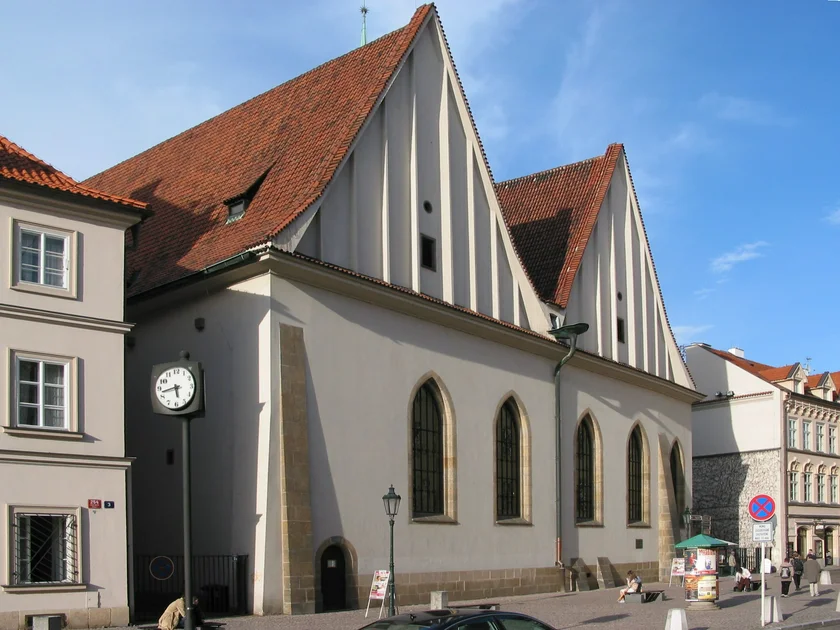
In 1412, Hus, forced to leave Prague to preach in the countryside, also began to write in Czech, as many priests in the provinces had a poor grasp of Latin.
He questioned corruption
Prior to leaving Prague, Hus had declared that Jesus and not the pope, king, or any council held the highest authority in religious matters. The C.S. Lewis Institute notes that Hus questioned corruption during a period of rampant immorality among the priests and officials within the Western Catholic Church.
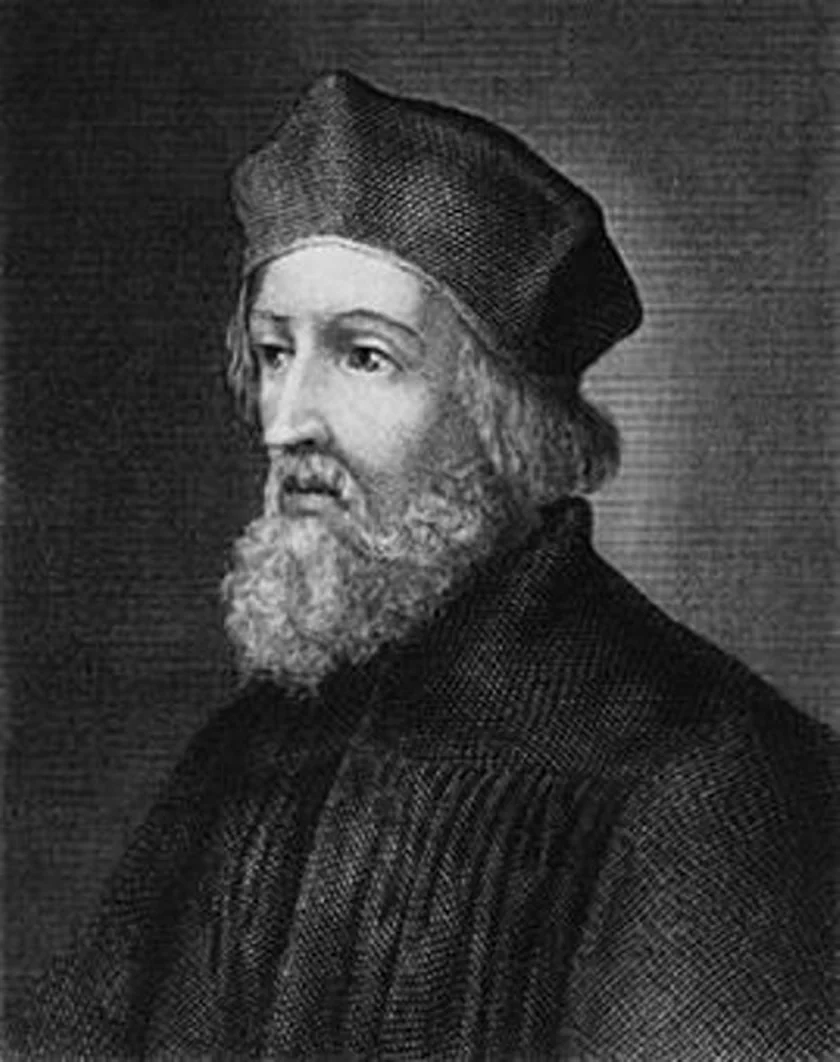
"Hus’s sermons frequently addressed the corruption, most notably the ancient ongoing practice of simony or the purchasing of church offices," writes scholar Tom Schwanda, describing the practice as "Wealthy parents and others [securing] ecclesiastical positions to ensure the lucrative and stress-free livelihoods for their sons."
His execution had a profound impact on the Czech lands
Although his arguments were rejected during his trial in Konstanz, where he was burned at the stake, his followers in Bohemia were deeply affected. The executions sparked unrest and dissatisfaction, leading to the Hussite Wars that raged from 1419 to 1434. The neighborhood of Žižkov in Prague is named after Jan Žižka, a prominent military leader of the Hussites, and many streets in the area are named after other Hussite figures.
Masaryk once wrote, "What connects us to Hus? Literally nothing. We have to take care of the spirit; only the spirit can unite the spirit."
One significant battle took place on Vítkov Hill in 1420, where the Hussites emerged victorious against the forces of King Sigismund. To commemorate their triumph, a statue of Žižka was erected on top of the hill in 1950. At the time of its unveiling, it was the largest equestrian statue in the world.
The National Revival brought renewed interest in the teachings of Hus
During Czechoslovakia's National Revival, interest in Hus began to expand beyond religious boundaries. In the latter half of the 19th century, various political factions in Czechoslovakia aligned themselves with Hus as a symbol of national resistance and a champion of the nation's rights.
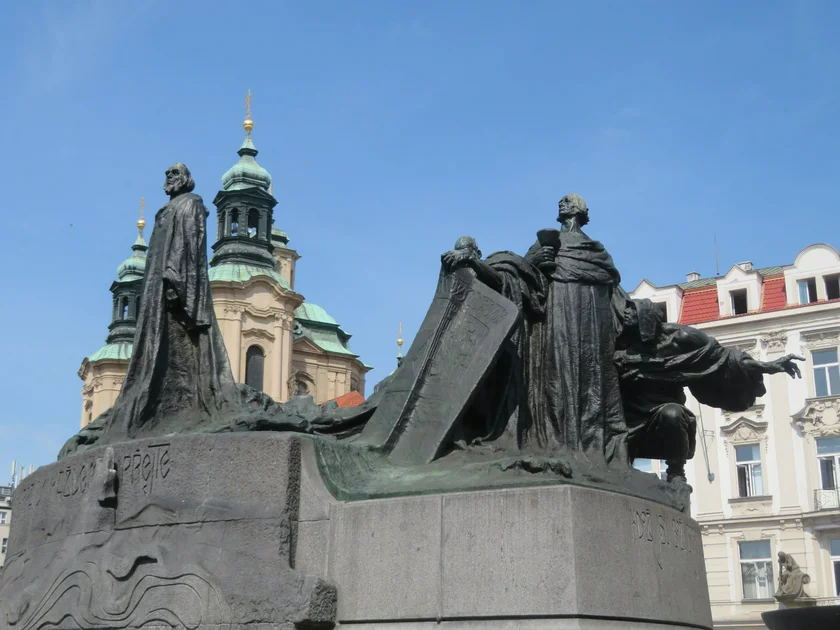
Tomáš Garrigue Masaryk, the founding father of Czechoslovakia was profoundly influenced by Hus. Masaryk believed that religious faith intertwined with a focus on the social aspects of human existence, and the ideals embodied by Hus and the Hussites were essential in shaping the Czech national identity, Czech historian Jan Dobeš wrote for Czech publication Catholic Weekly.
According to Masaryk, the moral determination, steadfastness, and religious sincerity displayed by Hus and his followers served as a model for the Czech people.
He is considered a national hero
In 1915, five centuries after Jan Hus's execution, a statue of Hus was placed on Old Town Square in Prague. Designed by Ladislav Šaloun and funded through public contributions, the original design depicted Hus about to be burned at the stake.
However, it was eventually modified to show him standing defiantly. The side figures on the statue represent Hussite warriors, exiles, and a mother with babies, symbolizing the rebirth of the Czech nation. His words are inscribed around the base of this monument: “Love each other and wish the truth to everyone.”












 Reading time: 4 minutes
Reading time: 4 minutes 